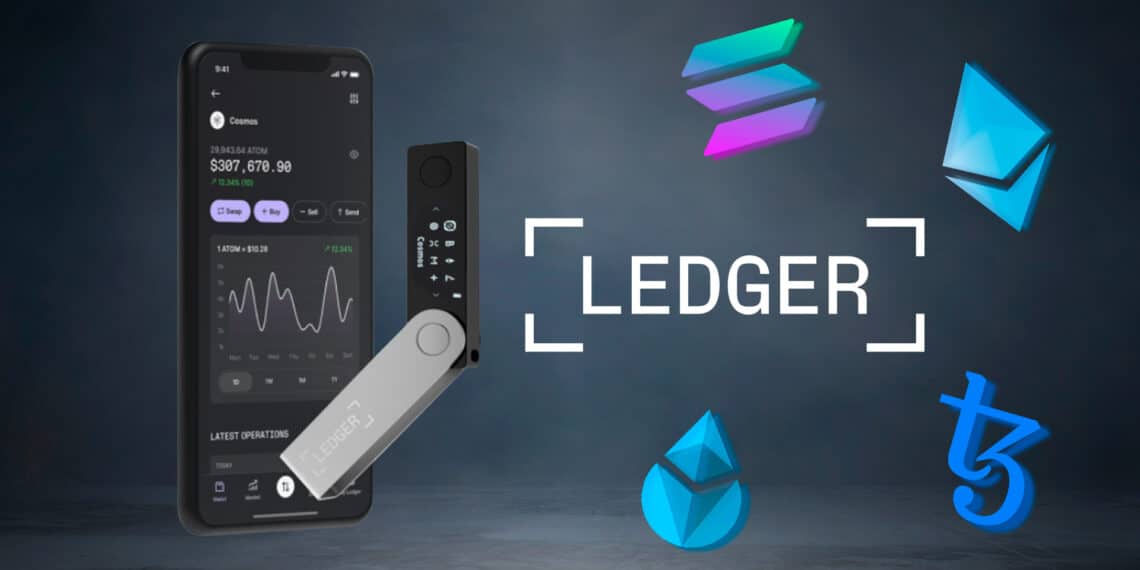So I was thinking about how many folks jump headfirst into crypto trading without really locking down their private keys. Seriously, it’s like leaving your front door wide open in a sketchy neighborhood. Wow! You’d think with all the buzz about Bitcoin and altcoins, people would be more paranoid about security, but nah, it’s often the last thing on their minds.
Private keys are basically the keys to your digital kingdom. If someone snags them, they can drain your wallet faster than you can say “blockchain.” Initially, I thought multi-currency support was the main hurdle for traders, but now I realize that if you don’t secure those keys properly, no fancy feature saves you. It’s like having a sports car with no brakes.
Here’s the thing: many traders focus on market charts, hype cycles, or the latest pump alerts, but overlook the cold, hard reality of how they store their crypto. My instinct said, “There’s gotta be a better way than just leaving keys in some app or online exchange.” Something felt off about trusting third parties with your assets, especially in a space notorious for hacks and scams.
Okay, so check this out—hardware wallets have become the go-to for securing private keys in a way that’s both practical and fairly user-friendly. I’m biased, but devices like Ledger have truly changed the game. They let you keep your keys offline, which means hackers can’t just waltz in through the internet and swipe your coins.
But it’s not just about security. Multi-currency support is a big deal too, especially if you’re someone who trades across Bitcoin, Ethereum, and a bunch of ERC-20 tokens. Managing all those assets in one place without juggling multiple wallets? That’s the dream. And yeah, Ledger Live does a pretty solid job here.

Why Hardware Wallets Are More Than Just a Trend
Honestly, I used to think hardware wallets were just for the super paranoid or the deep-pocketed. But after diving deeper, I realized they offer a unique balance between security and usability. You don’t have to be a tech wizard to use one, though there’s a slight learning curve that’s well worth it. On one hand, keeping your keys offline means less risk of phishing or malware; on the other hand, losing the device or seed phrase could be catastrophic.
That’s where the multi-currency support shines. Instead of carrying around different wallets for each coin, a single device can handle dozens—sometimes hundreds—of tokens. It’s like having a Swiss Army knife for crypto. Actually, wait—let me rephrase that. It’s more like having a safe deposit box that can morph to hold any type of coin you throw in.
Now, for those who worry about complexity, the Ledger Live app offers a neat interface that connects seamlessly to the hardware device. You get real-time portfolio updates, transaction history, and can even trade directly via integrated platforms within the app. Yeah, no kidding—this is not your average cold storage experience. It’s a hybrid that feels very modern.
Here’s what bugs me about some other solutions—software wallets are vulnerable to hacks, and exchanges, well, they’re tempting targets for bad actors. I’ve heard way too many stories of people losing everything overnight because they didn’t have control over their private keys. If you’re serious about crypto trading, you need to own your keys. Period.
And for those still on the fence, take a look at https://sites.google.com/cryptowalletuk.com/ledger-live/. It’s a great resource to get the lowdown on how Ledger Live integrates with hardware wallets to keep your assets safe while supporting a wide variety of cryptocurrencies. Trust me, it’s worth your time to explore.
Trading Flexibility Meets Ironclad Security
Okay, here’s a little secret from my own experience: balancing security and convenience is tricky. At first, I thought I’d have to sacrifice one for the other. But actually, modern hardware wallets with apps like Ledger Live prove that it’s possible to have both. You can trade confidently knowing your keys are locked down tight, yet still react quickly to market moves.
One time, I was deep into a volatile market swing, and having multi-currency support right at my fingertips saved me a bunch of headaches. Instead of juggling multiple wallets or risking delays, I could manage everything smoothly from one place. That’s a huge advantage when seconds count. Hmm… I can’t stress enough how much that ease of use matters when you’re trying to stay ahead.
Of course, nothing’s perfect. Hardware wallets aren’t immune to user errors—losing your recovery phrase or getting phished through fake websites still happens. But with some basic precautions and a bit of tech savvy, the risk drops dramatically. Plus, Ledger Live constantly updates its software to patch vulnerabilities and add new coin support, which shows real commitment.
Oh, and by the way, for those who trade less frequently or prefer a more passive approach, using a hardware wallet is still a no-brainer. You don’t want to wake up one day and find your bag emptied simply because you left your private keys exposed online.
So, What’s the Bottom Line?
Well, I’m not gonna pretend this is a silver bullet that solves all crypto trading headaches. But protecting your private keys with a hardware wallet that supports multiple currencies feels like the closest thing to peace of mind out there. If you’re serious about your crypto journey, it’s very very important to treat key security as your top priority.
Seriously, think about it like this: you wouldn’t keep your life savings under a mattress, right? Then why risk your crypto fortunes by leaving your keys vulnerable? The learning curve for hardware wallets isn’t steep, and the benefits far outweigh the initial effort.
And if you want to get a feel for how this all works before diving in, check out https://sites.google.com/cryptowalletuk.com/ledger-live/. It’s a solid starting point to understand how Ledger pairs security with multi-currency flexibility in a way that just makes sense.
Sometimes, the simplest step you take today keeps your crypto safe tomorrow. And honestly, that’s the kind of peace I’m after.
Common Questions About Hardware Wallets and Crypto Security
Why can’t I just keep my crypto on an exchange?
Exchanges are convenient but they hold your private keys, meaning you don’t have full control. If the exchange gets hacked or shuts down, you risk losing everything. Hardware wallets let you own your keys, which is safer long-term.
What happens if I lose my hardware wallet?
As long as you have your recovery seed phrase safely stored elsewhere, you can restore your wallet on a new device. Losing both the device and seed phrase can mean permanent loss of access.
Can hardware wallets support all types of coins I trade?
Most modern hardware wallets support a wide range of cryptocurrencies, and apps like Ledger Live keep expanding their multi-currency compatibility. Still, double-check for specific tokens you care about before committing.

